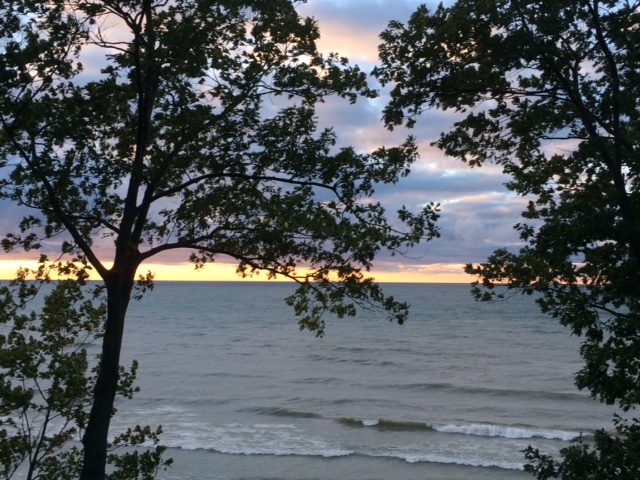MLK's Masterclass
Nathaniel Hansen
“Injustice anywhere is a threat to justice everywhere.”
*
Twenty years ago, as part of an undergraduate history course my freshman year in college, I read Dr. Martin Luther King Jr.’s, Where Do We Go From Here? : Chaos or Community, I remember highlighting many passages, and I read the book twice, as was my habit being a college freshman. While specifics have escaped from my mind over two decades, I remember being awed by it, stirred by it, moved by it at my dorm room desk while the wind swirled snow across the open spaces of the college town on the Minnesota prairie.
A white kid of Scandinavian background, I grew up sixty miles from there in a town of 3,500+ people. In my 13 years of public schooling, there was one African American kid—three years older than I—in the K-12 of 600+ students. All that to say that my knowledge of the Civil Rights’ Movement was rudimentary, and my interactions with African Americans was minimal, if non-existent. *
“Perhaps it is easy for those who have never felt the stinging darts of segregation to say, ‘Wait.’”
*
Ten years later I encountered King’s “Letter From Birmingham Jail” when I was an adjunct instructor at Clark College in Vancouver, Washington. It was one of the selections in my newly adopted textbook, A World of Ideas, a textbook that contained work from great thinkers and writers. That Christmas break I hunkered down at my in-laws’ Minnesota farmhouse reading through several hundred pages, determining which selections to include in my course. King’s letter was one of my favorite pieces, and I knew I would be a fool not to assign it.
If my math is correct, I taught this piece in a total of twelve courses in colleges and universities in Washington, Oregon, South Dakota, and Texas. When teaching it, I used a variety of writing assignments, but by far my favorite assignment was asking students to write a rhetorical analysis and appreciation of one of the letter’s paragraphs.
Why is the paragraph important to the whole? What rhetorical and stylistic techniques does King employ and to what ends? What makes this passage an example of good writing? What makes this letter a model for argument? In short, I was trying to help my students pay attention to the writerly maneuvers that King makes, the “how.”
*
“Shallow understanding from people of good will is more frustrating than absolute misunderstanding from people of ill will. Lukewarm acceptance is much more bewildering that outright rejection.”
*
Each time I taught "Letter From Birmingham Jail” I was awed by the cohesiveness of the letter, his emotional appeals, his logic, his credibility, his ability to incorporate the ideas of many important thinkers, his style. When I read it yet again, as I did in preparation for writing this piece, I am freshly awed. It’s a masterclass on argument that has as much to teach us about writing as it does about justice, goodness, and love in the face of bitter opposition.
*
“So the question is not whether we will be extremists, but what kind of extremists we will be. Will we be extremists for hate or for love? Will we be extremists for the preservation of injustice or for the extension of justice?”
*
When I asked my students each semester which assigned reading was their favorite, King’s letter was always at the top. Each semester I assigned it, I anticipated the class period(s) we would discuss the essay more than any other class session. These are all comments on the craft and technique, but of course those elements are aids to the delivery of his messages, messages which, over sixty years later, still resonate and give us pause. These messages resonated with me, a person who grew up without any injustices, with the exception of the occasional bully, but even that was picayune by comparison.
*
“Let us hope that the dark clouds of racial prejudice will soon pass away and the deep fog of misunderstanding will be lifted from our fear-drenched communities, and in some not too distant tomorrow the radiant stars of love and brotherhood will shine over our great nation with all their scintillating beauty.”

